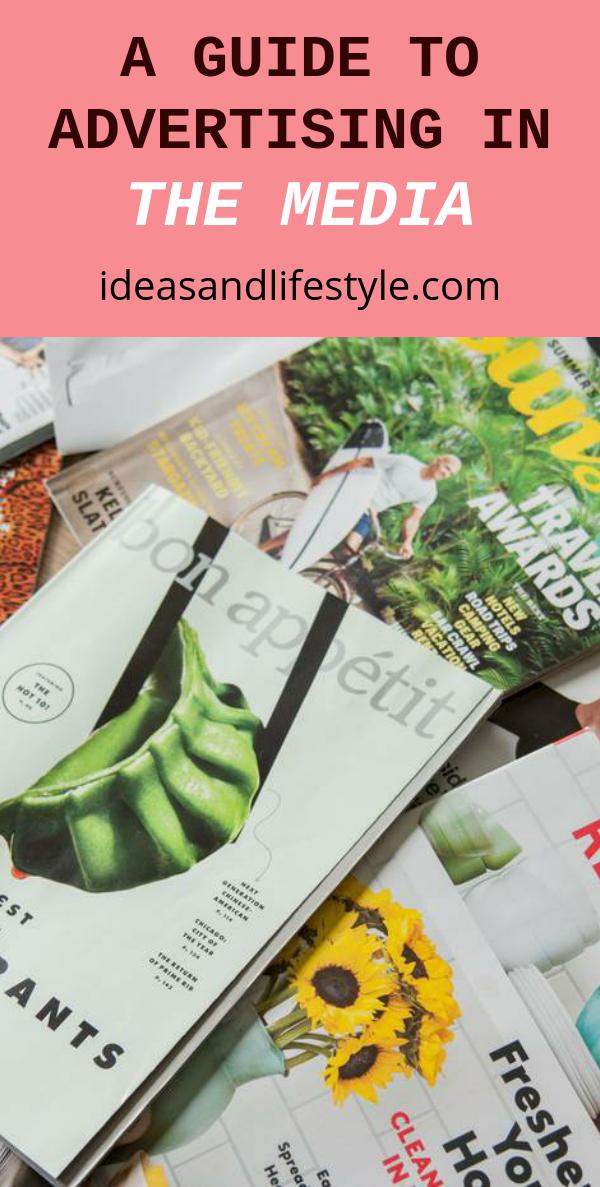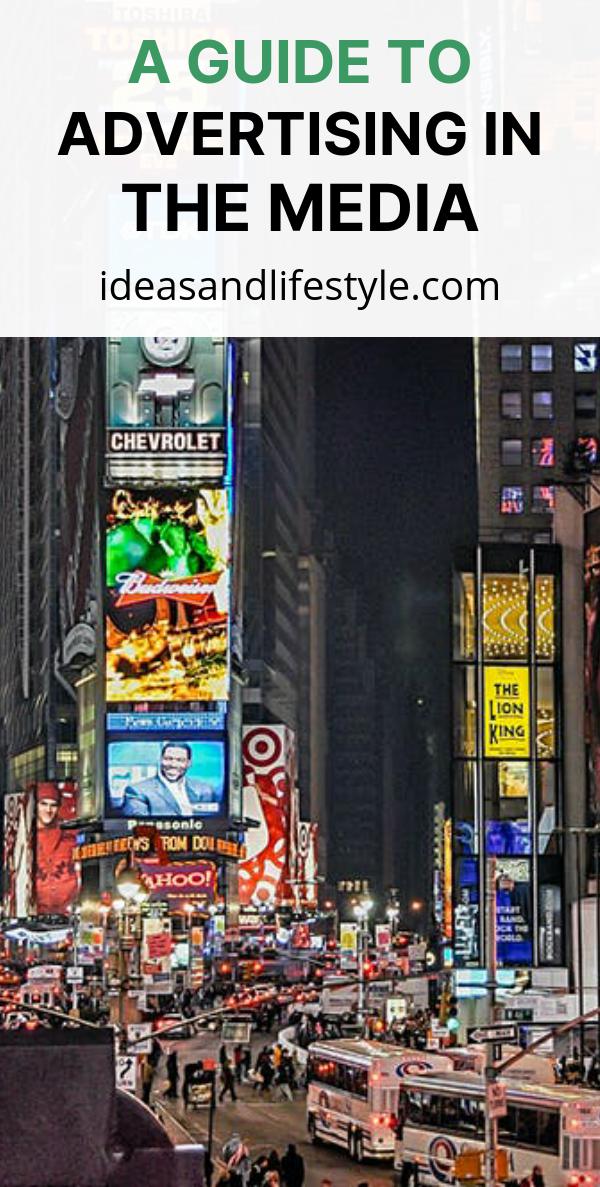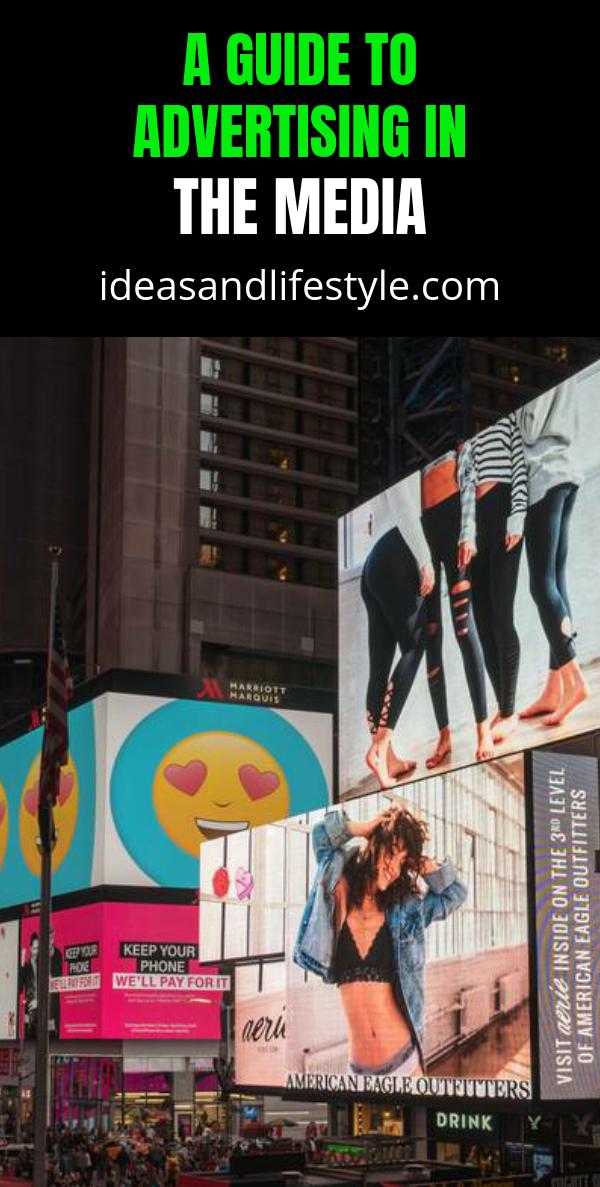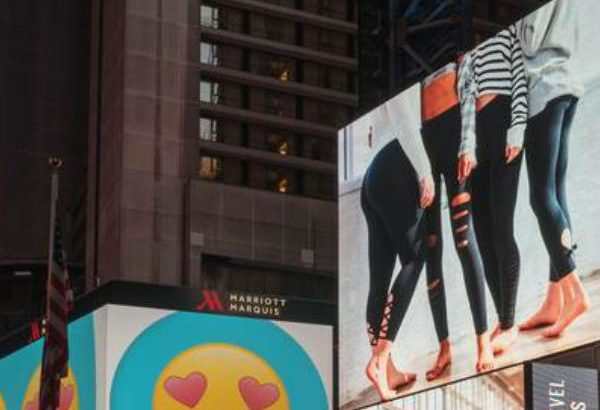The media is a powerful thing — the average person spends an enormous amount of their life consuming it in one form or another and will spend a significant percentage of that time looking at, listening to, or watching advertisements. If you want to use the power of the media, though, you need to know what you’re doing.
Advertising in Newspapers and Magazines.

There are two kinds of advertising you can get in newspapers and magazines: classified and display. Classifieds are the small ads towards the back of the publication, while display ads can be almost any size, from a small corner of a page to a massive double-page spread.
If there’s a publication you’re interested in advertising in, either go to its website (the rate card section) or call its advertising department to find out the rates it charges. Now pick your jaw up off the floor. Yes, advertising in the print media really is that expensive, and for most home businesses it probably just won’t be that economical.
There is, however, an exception: niche and trade magazines. If you’ve ever looked around in a newsagent, you will have seen just how many magazines there are out there, filling every conceivable gap in the market. You need to find the magazine that people who are interested in your services might read. For example, if you’re a wedding photographer, look for a magazine called ‘Your Wedding’, ‘Bride’, or something similar. Advertising in these magazines will be far cheaper than placing an ad in a general-audience publication, and far more likely to actually get some responses.
Advertising on the Radio.
Wherever you are, the chances are that there’s a local radio station. Once your home business grows to a decent size, you might consider buying some time on it.
Really, though, the only kind of home business that can benefit enough from radio ads to justify the cost is one that does anything to do with cars. Since radio is almost entirely limited to use as in-car entertainment now, you know that almost everyone your ad reaches will be a car-owner, and so might be interested in what you’re offering. If you offer something that people need cheaply or even for free, you can get a big response.
Unfortunately, that response could be a little too big — thanks to the time-sensitivity of radio, you’ll get mobbed the next day, and then everyone will forget you again. Radio advertising offers the listener no opportunity to keep your ad and refer to it later, or to find it again in the future. You will find that any ads involving a phone number are spectacularly useless.
Advertising on the Television.
Unless your business is getting pretty big, this would be quite a bad idea. You’d have trouble producing and airing an ad even on local cable channels for less than $10,000. Of course, if there’s a market for your product and you’ve got the budget for this, you could take a gamble and make a mint. The home businesses that tend to do best out of TV ads are ones that have a ‘unique and useful invention’ product with easy-to-demonstrate benefits — think infomercial. Research shows that you can sell almost anything given a 60-second ad, a free phone number, and a price point of $19.95.
Advertising on Billboards.
Here’s one that gets overlooked pretty often, but can be very effective if you do it right. Billboard ads are relatively expensive, but they do generally stay up for a long time, and they can be very specifically targeted to an area — the one where they’re physically located. You’ll have the best results with this if you can put one near enough to your business that it could say ‘turn left at the next junction’, or something like that. Phone numbers are, again, pretty useless, although you could have some luck putting a website address up there.

Advertising at the Movies.
Finally, here’s one that often gets overlooked. If you turn up to the cinema early, you might have seen that before the big-budget ads, ads for local businesses are run. This can be a great place to advertise relatively inexpensively in quite a high-profile way, and it works especially well for takeaway food businesses.





